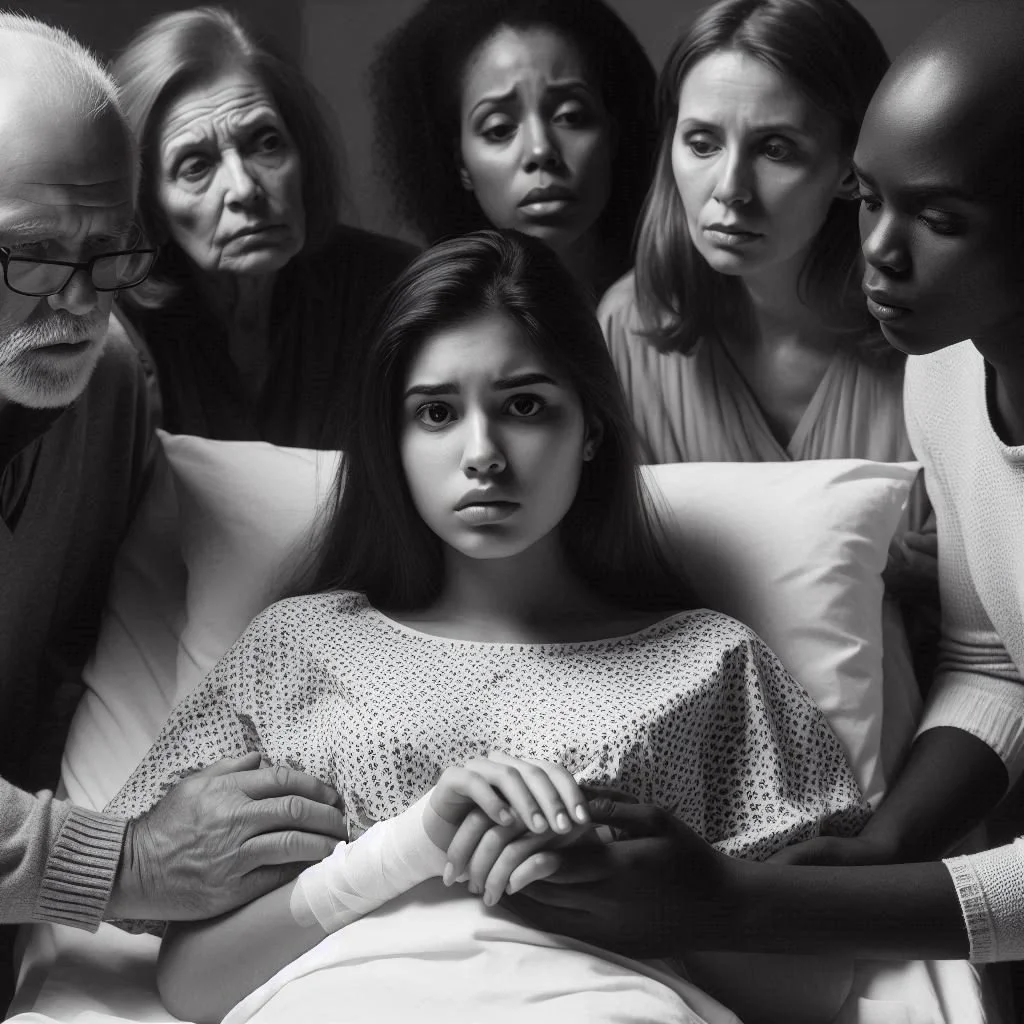The Opioid Crisis and Its Hidden Brain Injury Epidemic
The opioid crisis has long been a devastating public health issue, but a lesser-known consequence is the rise of brain injuries linked to opioid overdoses. When someone overdoses, the lack of oxygen to the brain (hypoxia) can lead to long-term cognitive and neurological damage. This hidden epidemic disproportionately affects vulnerable populations, exacerbating an already critical health issue.
At The Supported Living Group, we recognize the complexity of opioid-related brain injuries and are committed to providing specialized, non-medical community-based support to those impacted. Our team of professionals collaborates with families and healthcare providers to ensure survivors receive the rehabilitation and care they need to regain functionality and improve quality of life.
The Connection Between Opioid Use and Brain Injury
During an opioid overdose, respiratory failure is common, cutting off oxygen to the brain for an extended period. This can result in what is known as an anoxic or hypoxic brain injury. Even when an individual is revived with medications like Narcan, the long-term damage to the brain can be profound, affecting memory, motor skills, and cognitive functions. These injuries often go unreported or undiagnosed, but their impact on recovery is significant.
Specialized Support for Opioid-Related Brain Injuries
The Supported Living Group’s expertise in non-medical brain injury recovery extends to addressing the unique needs of individuals affected by opioid overdoses. We provide personalized, creative support programs that focus on rehabilitation, vocational training, and community integration. Our three locations across Connecticut allow us to deliver state-wide services that help survivors utilizing the ABI Waiver & Money Follows The Person Programs and Private Pay options to rebuild their lives.
Our person-centered approach ensures that each client receives a plan tailored to their specific needs, emphasizing cognitive rehabilitation, emotional support, and social reintegration. Whether through independent living skills training, vocational programs, or creative therapeutic activities, we work to empower individuals in their recovery journey.
Addressing the Growing Epidemic
The intersection of the opioid crisis and brain injuries highlights the need for greater awareness and intervention. As we continue to address this crisis, it’s critical that we recognize and treat the lasting neurological effects of overdose. By offering comprehensive support, The Supported Living Group helps brain injury survivors, including those affected by opioid misuse, find hope and rebuild their lives.
Learn more about our specialized services by visiting our website or contacting our team today.

